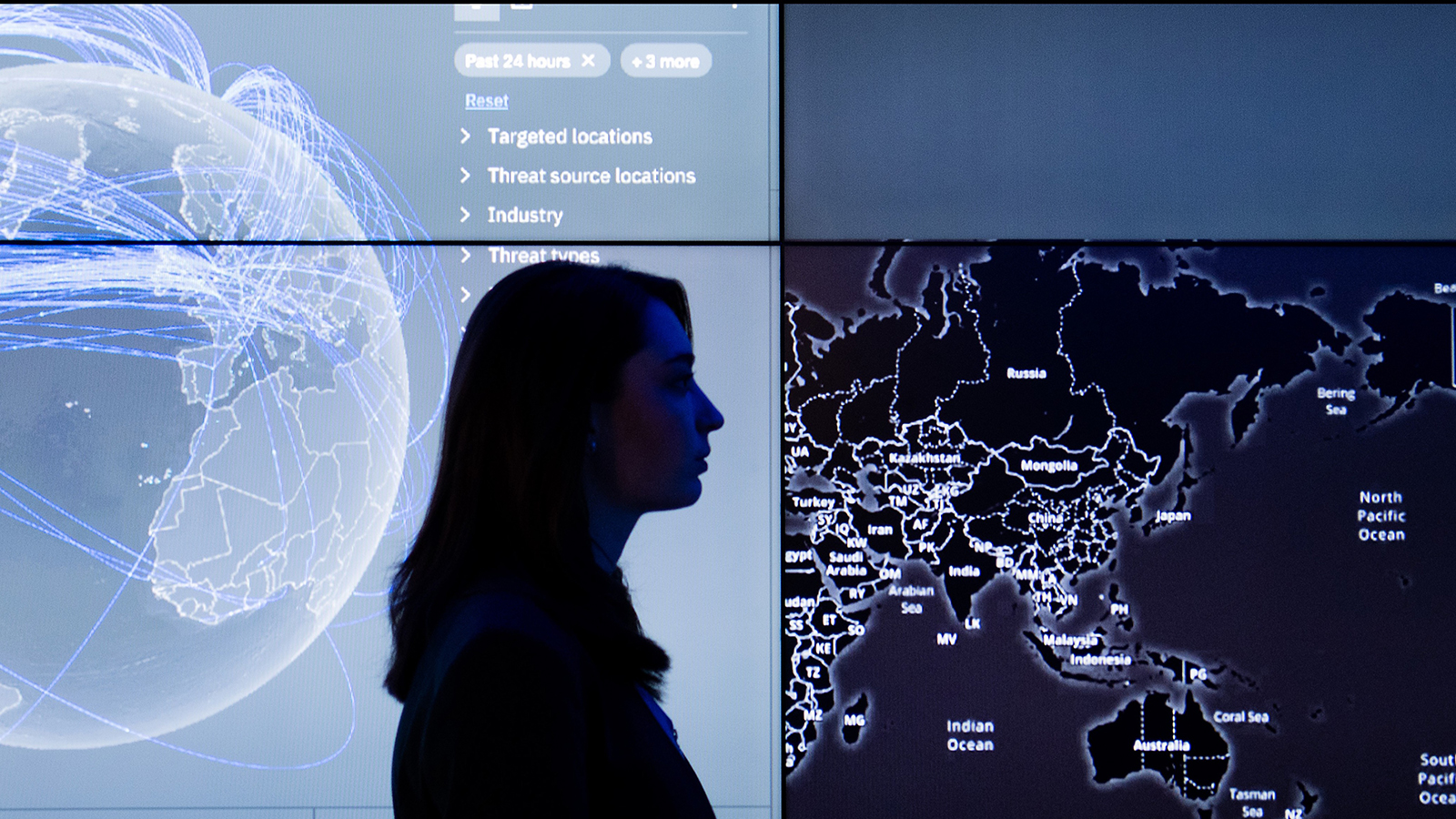Export Control
Export Control at RIT
Export control regulations are a complex set of laws that govern the transfer of information, technology, software, and other items and services. These regulations exist to address concerns related to national security, economic competitiveness, and support of international treaties and foreign policy.
At RIT, we are fully committed to complying with all U.S. laws and regulations. Our commitment includes adhering to rules controlling the export of technologies, services, and products, for both research and non-research activities. The university must also follow federal regulations when faculty and students travel to specific sanctioned or embargoed countries for purposes of teaching or performing research.These measures ensure lawful and secure international trade.
OCE oversees the university's export control program, offers guidance to the university community on export control matters, manages export control training, and obtains licenses on behalf of the university when necessary.
Sponsored Research Services (SRS) collaborates with OCE to ensure export control compliance in research activities at RIT. SRS reviews all externally sponsored projects to identify any export control requirements. If you need help determining whether an externally sponsored research project is subject to export controls or if a Technology Control Plan is needed, reach out to the Interim Director of Sponsored Research Services.
For more information about the university's Export Control Compliance Program, contact OCE at complianceandethics@rit.edu.
Comprehensive Sanctions
RIT welcomes collaboration with individuals and countries, as long as it aligns with U.S. federal sanctions and embargoes. However, the U.S. government has "comprehensive sanctions" against certain countries. These sanctions generally prohibit U.S. persons from engaging in most transactions, collaborations, or activities with those countries. There are few exceptions to this rule. As a result, most interactions involving comprehensively sanctioned countries or individuals and entities within those countries are restricted. These measures are in place to ensure compliance with international regulations and maintain security.
Click on each country below for more details on the sanctions that apply.
It is important to note that the U.S. federal government can change the list of countries under comprehensive sanctions based on government actions. Additionally, actions by the U.S. government can lead to restrictions on other countries, and entities and individuals from said countries, even if the countries are not comprehensively sanctioned.
If you intend to interact with a comprehensively sanctioned country or individual or entity within a sanctioned country, review the OFAC Sanctions List and reach out to OCE at complianceandethics@rit.edu with questions.
Training and Education

For general Export Control Training, visit our OCE Training and Education page.
In addition, Sponsored Research Services partners with Collaborative Institutional Training Initiative to offer online training in a variety of research-related topics, including export control, human subjects research, and other relevant topics.







